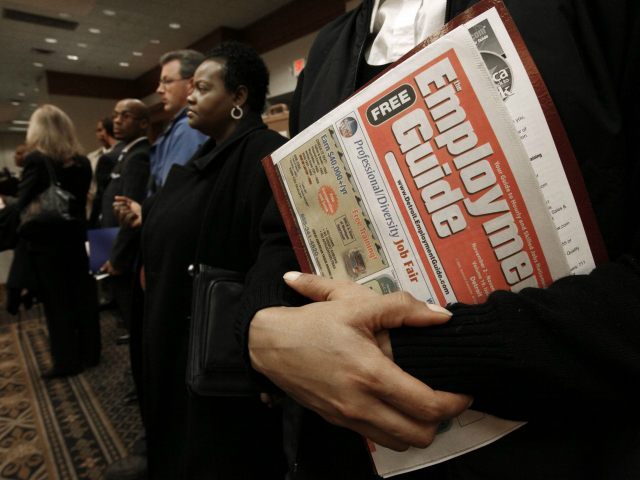Americans’ concerns about financial security and the risk of losing their job over the next 12 months are rising, according to the Economic Anxiety Index, which tracks financial anxiety during presidential election cycles.
“There’s a broad perception of inequality, a feeling that a small group of people is getting wealthier at the expense of a large group of people who are suffering,” said Larry Rosin, the president of Edison Research, which produces the anxiety survey. “I think that there is an effect that starts to take hold and wear people down, and I think we’re seeing some of that in our poll.”
The May 18 to May 24 survey reached adult Americans via national telephone and online surveys, and found that;
Seventy-one percent of Americans think that the economic system is “rigged” in favor of certain groups. This is true across all demographic groups, including Republicans, Republicans, Independents, and across every income level.
Sixty-two percent of Americans say that good jobs are difficult to find in areas where they live and 24 percent of Americans haven’t gone away to vacation in over five years.
Seventy percent of Americans thought the word “embarrassed” described the Presidential campaign.
Sixty-nine percent said “afraid” was a good way to describe their feeling about the election. Fourteen percent of respondents are “very satisfied” with their choices for president, and forty-seven percent are “very dissatisfied.”
One of the main reasons for anxiety is that the American middle class has not seen a gain in in their standard of living in two decades. With the U.S. median family income of just under $56,853, the average family’s income is about the same as 1996, adjusted for inflation.
But the big negative is how little Americans are paid on their conservative saving. In mid-1996, a one-year bank certificate of deposit yielded 5 percent. But today it only yields o.27 percent. This means that many Americans are being forced to work later in life or take greater risks on their retirement saving. The combination makes most Americans much more anxious about their future.

COMMENTS
Please let us know if you're having issues with commenting.